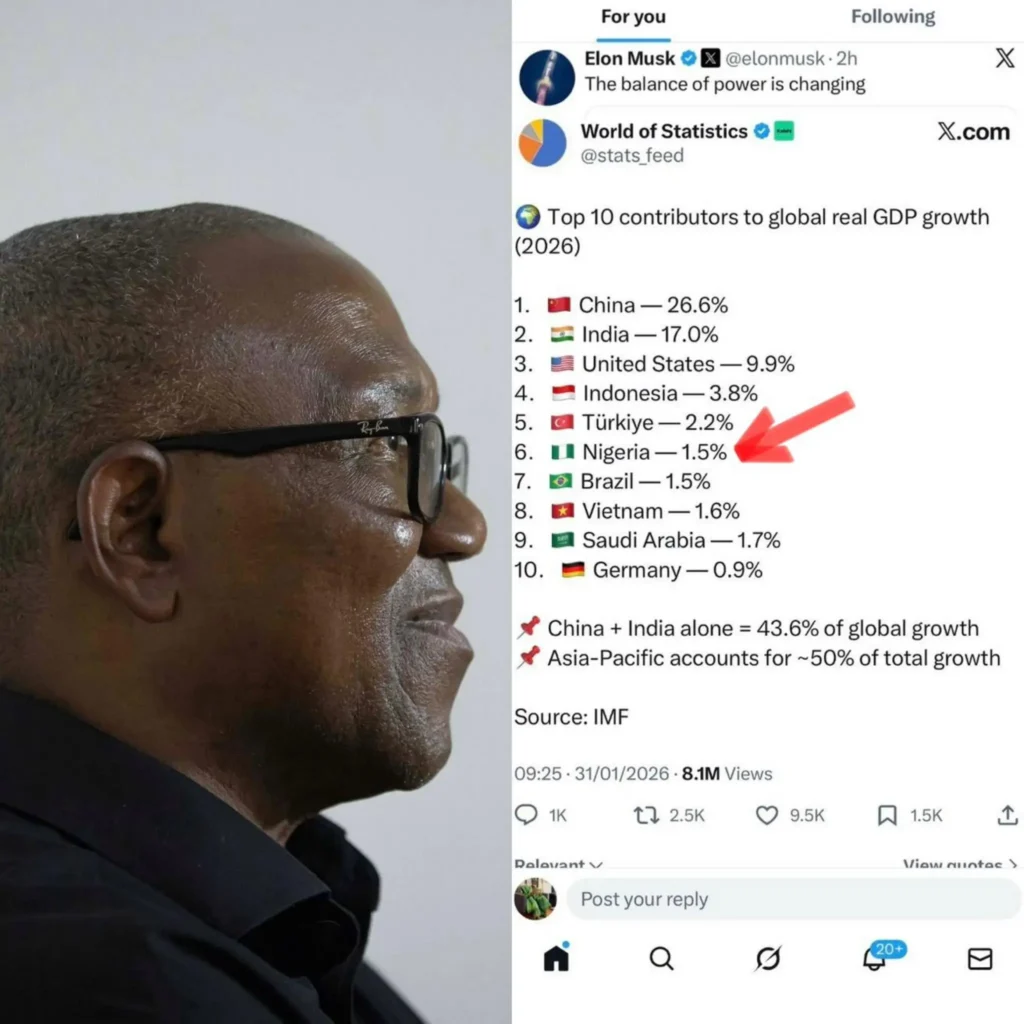Sterling Bank Abolishes Account Maintenance Fees To Ease Cost Of Banking For Nigerians

Sterling Bank Plc has officially announced the removal of account maintenance fees on personal accounts in what the lender describes as a deliberate step to reduce the cost of banking for Nigerians and strengthen its digital banking adoption strategy.
The bank, which had earlier in the year scrapped charges on local transfers carried out through its OneBank mobile platform, said the new policy takes immediate effect and will ensure that customers no longer have recurring deductions tagged as account maintenance fees on their balances.
Management of the bank explained that the measure is part of its broader customer-centric reforms aimed at making financial services more affordable, accessible and transparent. The bank emphasised that the removal of the fees is in line with its long-term strategy of offering value to its customers while encouraging increased use of its digital channels.
Industry analysts have described the decision as a significant shift within Nigeria’s banking landscape, noting that recurring charges on accounts, alongside transfer fees, have for years served as a major revenue source for commercial banks.
Data from industry reports show that banks earned hundreds of billions of naira from account maintenance and electronic banking charges in 2024 alone, underscoring the boldness of Sterling’s move to discard them.
Chief Executive Officer of Sterling Bank, Abubakar Suleiman, noted that while the step will reduce fee-based income in the short term, it is expected to foster greater customer loyalty, attract new account holders and increase transaction volumes through the bank’s digital platforms. He added that the bank has deliberately chosen to focus on long-term value over short-term gains by prioritising the needs of its customers.
Customers and consumer advocacy groups have welcomed the development, describing it as a relief that will save Nigerians from what they consider hidden deductions that chip away at their funds. Social media platforms were flooded with positive reactions following the announcement, with some customers pledging to open new accounts with the bank in response.
However, banking experts have pointed out that the waiver applies mainly to personal current accounts transacted through Sterling’s OneBank mobile app.
Transactions carried out through other channels such as physical branches, USSD codes or third-party platforms may still attract certain charges, while statutory taxes and regulatory levies remain unaffected.
Sterling Bank’s action is now expected to mount pressure on other financial institutions to review their fee structures, with stakeholders watching closely to see if competitors will adopt similar measures or offer alternative incentives to retain customers.
Observers believe the development could signal the beginning of a broader transformation in Nigeria’s retail banking sector, where competition may increasingly be defined by value creation rather than fee collection.









